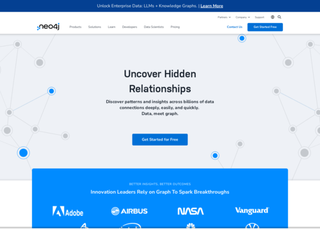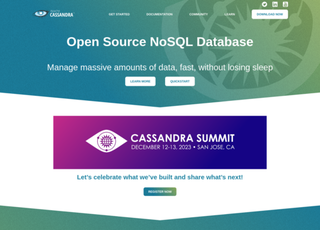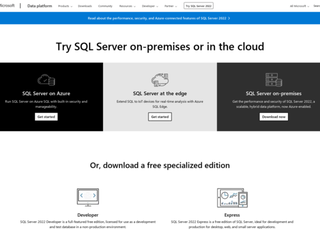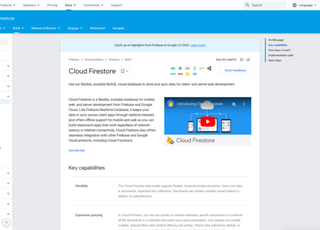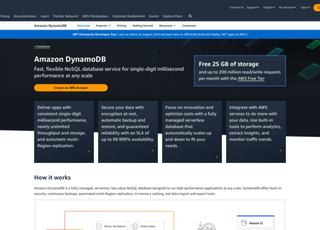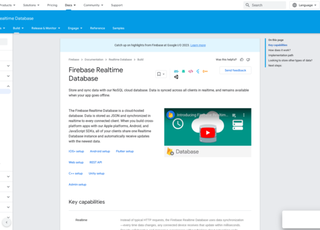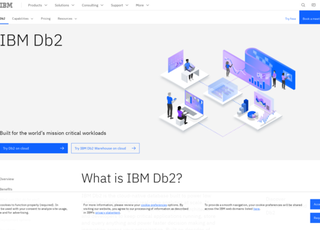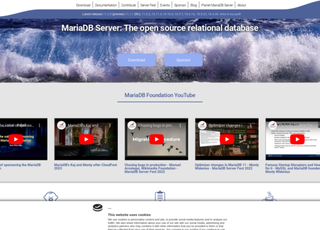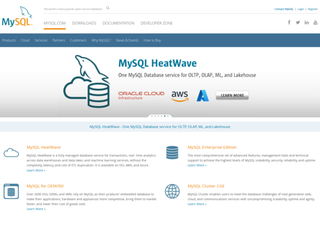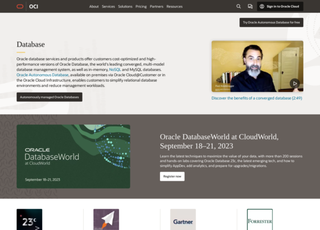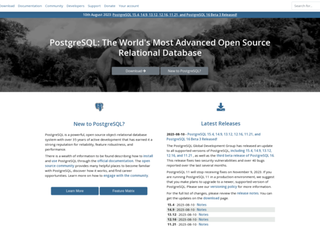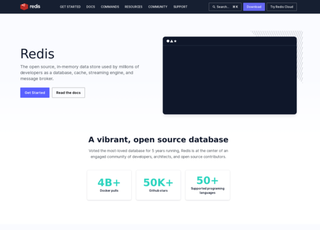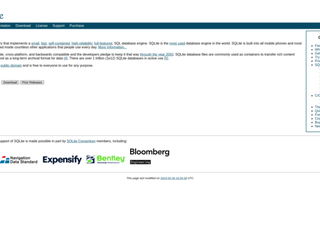Neo4j
https://neo4j.com/Neo4j
Neo4j is a graph database management system developed by Neo4j, Inc. Described as an ACID-compliant transactional database with native graph storage and processing, Neo4j is considered a leader in the graph database category.
Here's a breakdown of its key aspects:
Graph Database
Unlike traditional databases which use tables (relational databases) or documents (NoSQL), Neo4j stores data in graphs. This means data is represented as nodes, relationships, and properties. Nodes represent entities (like people, places, things), while relationships represent how these nodes are connected.
Cypher Query Language
Neo4j uses its own query language, Cypher, which is specifically designed for graph databases. Cypher is intuitive for defining and querying relationships between data points. It's somewhat similar to SQL but optimized for complex queries in connected data.
Performance
Graph databases like Neo4j excel in scenarios where relationships between data points are key. They are highly efficient in traversing complex, interconnected networks, making them ideal for use cases like social networks, recommendation engines, fraud detection, and more.
ACID Compliance
Neo4j guarantees ACID (Atomicity, Consistency, Isolation, Durability) properties, ensuring reliable transactions. This means that even in complex operations involving multiple steps, the database will maintain consistency.
Scalability
While traditionally graph databases faced challenges in scaling, Neo4j has made significant strides in this area. It offers clustering and sharding capabilities to handle large datasets and high query loads.
Flexible Schema
Neo4j allows for a flexible schema, which means you can add new kinds of data without disrupting the existing database structure. This flexibility makes it adaptable to evolving data needs.
Integration and Extensibility
Neo4j can integrate with various programming languages and platforms. It also offers a range of tools and extensions, like graph algorithms, for specialized needs.
Real-Time Insights
Due to its efficient handling of connected data, Neo4j can provide real-time insights in applications where relationships are continuously changing and evolving.
Community and Support
Neo4j has a strong community and ecosystem, providing a wealth of resources, libraries, and tools. Additionally, Neo4j Inc. offers professional support and services for enterprise needs.
Visual Representation
One of the key strengths of Neo4j is its ability to visually represent graph data. This is particularly helpful for users to intuitively understand and explore complex relationships and patterns within the data. The Neo4j Browser is a tool that provides a rich interface for visualizing graphs and running Cypher queries.
Security Features
Neo4j includes robust security features, such as role-based access control, which allows administrators to define permissions at granular levels, and encryption support for data at rest and in transit. This makes it suitable for applications that require high levels of data security.
Cloud Deployment
Neo4j can be deployed in various environments, including on-premises, in the cloud, or as a fully managed service (Neo4j Aura). This flexibility allows organizations to choose a deployment model that best fits their infrastructure and scalability needs.
Data Import and Integration
Neo4j offers tools and capabilities for importing data from various sources, including relational databases and CSV files. Its ability to integrate with big data platforms and ETL (Extract, Transform, Load) tools makes it versatile for data integration and migration projects.
Use Cases and Applications
Neo4j is used in a wide range of industries and applications. In finance, it's used for fraud detection and compliance. In retail, it powers recommendation engines and customer 360 views. In healthcare, it's used for patient data analysis and medical research networks. The flexibility of graph databases makes Neo4j applicable to virtually any domain where relationships and connections between data points are important.
Learning Curve and Documentation
While graph databases require a shift in thinking from traditional database models, Neo4j offers extensive documentation, tutorials, and online courses to help new users get up to speed. The community also contributes to a vast array of learning resources.
Open Source and Licensing
Neo4j has a Community Edition that is open source, which is great for individual developers or small projects. For larger enterprises or applications requiring advanced features (like clustering or hot backups), Neo4j offers a commercial license with additional support and capabilities.
Neo4j's strength lies in its efficient handling of connected data, flexible schema, and powerful graph processing capabilities, backed by a strong community and a range of deployment options. It's a versatile tool that can be adapted to a wide array of applications, making it a popular choice for organizations looking to leverage the power of graph databases.




















